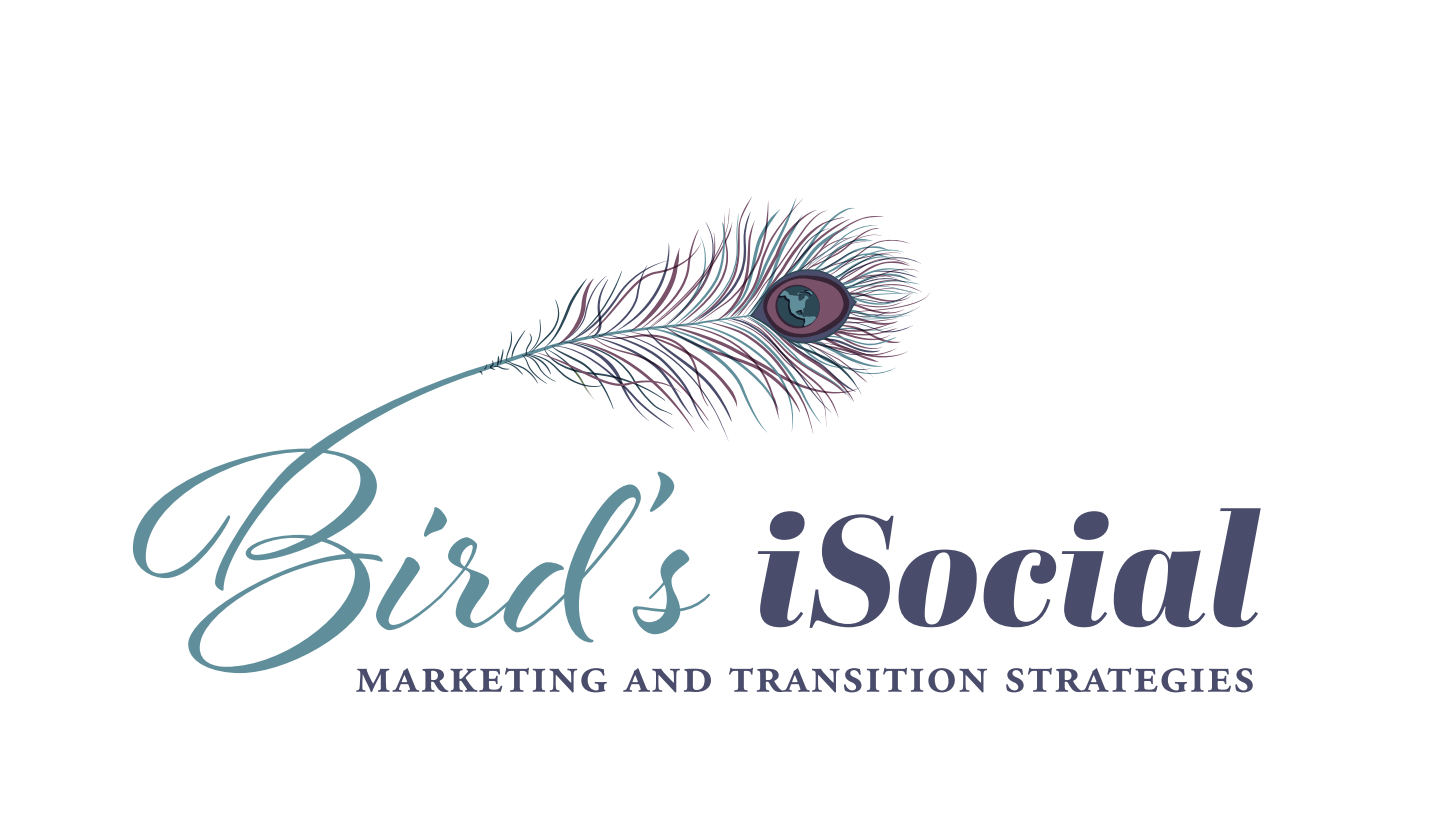Keywords Keywords Keywords
Keywords are important for ranking in searches. So, let’s talk about keywords, why they are essential, and what they mean for online searches near you.

Keywords are important for ranking in searches. So, let’s talk about keywords, why they are essential, and what they mean for online searches near you. Some keywords are defined by lengths, such as short-tail keywords, mid-tail keywords, and long-tail keywords.
Short-tail keywords
Short-tail keywords are only 1 to 2 words long, representing a broad topic, and don’t provide much context regarding information about what searches are looking for within that certain topic. For example, “auto repair” could be talking about maintenance, clutch repair, or alignments. Part of the reason for this is that many competitors are often filling the demographic with these terms and often overpower smaller websites when it comes to this type of search. Short-tail keywords are really great for pillar pages, pages like a Services page, or Makes Page that cover many sub-topics.
Mid-tail keywords
Mid-tail keywords are a string of 3-4 words that are more specific than short-tail keywords. A phrase like “Preventive Maintenance Repair” helps to narrow down a search result. With this search, you are likely to find auto repair shops and possibly a few training guides rather than big dealerships and tire stores that dominate online searches. Mid-tail keywords can also be very competitive; however, you are certainly narrowing down searches. Mid-tail keywords are best for targeting a flooded market and also when you are diving a bit deeper into quality content on related subjects.
Long-tail keywords
Long-tail keywords are usually about 5-8 words long and narrow things down to a specific intent for an online search. For example, compared to “auto repair,” “San Diego brake pad replacement” narrows down what the searcher is looking for. Many larger websites are not targeting these long-tail keywords, which means you have a better chance of ranking with an online search when you use these key terms in your writing. Over time, you will see your website ranking higher in searches.
How do you find keywords for your writing?
The fastest way to find these keywords is to allow Google to auto-complete your online search when you type - what pops up is the long-tail or short-tail keyword search you want to use in your writing. Another way is to use WordStreams free keyword tool; although it has limited functions at no cost, you can still filter yours by typing short or mid keywords into the finder tool.
Focus keywords, Secondary keywords & Semantic keywords.
Focus Keywords
Focus keywords are also known as primary keywords. This is the main phrase you want your website page to rank for. This is usually in the URL, title, body of the content, and also in the heading. Your primary keyword or focus keyword should be set for your initial SEO page content copy, which should state the main topic of your page and is often a high-traffic keyword.
Secondary keywords
Secondary keywords are short phrases that are related to your primary keyword and are often sub-topics. These secondary keywords provide search engines more context as to what your page is about. Secondary keywords will help your page rank well in engine search results. By using these related keywords and phrases throughout your content and including them in your H2 & H3 headings, they help your page rank higher in searches.
Semantic keywords
What the heck are semantic keywords? These are terms that are closely linked to one another, such as “auto repair” and “automotive repair.” Often semantic keywords have slight variations yet are closely related. Semantic keywords are different variations that make content easier to read naturally and also reinforce search engines what your content is all about.
SEO Keywords by role
When you want to find focus and supporting keywords for your content writing, a good place to start is Google Trends. This is a site where you can evaluate the interest level of the topic you are considering writing on and the history of interest. You can also compare potential keywords on Google Trends.
Customer defining keywords
These keywords give context to your ideal customer. This could relate to a certain age bracket, gender, profession, and other characteristics. Customer-defining keywords help increase your chances of your page being found by the right people; this is why you want to identify the service you want to promote the most. You want to find and use your relevant customer-specific keyword to optimize your written content.
Location-specific keywords
Be specific. Use your city, state, and even county in your keyword terms. This helps you localize your search, further optimizing your landing pages and your service pages.
Search intent keywords
There are four primary search intent keywords you want to know about.
- Informational keywords
- Commercial Intent keywords
- Transactional keywords
- Navigational keywords
Informational keywords
Informational keywords are search terms just as it sounds; keywords like “what to look for in an auto repair shop” and search terms like “how to” or “what is” added to your search term help searchers find your page. These keywords are most often used in informational keywords and are meant to teach your audience as well as showcase your knowledge on your topic of expertise. Informational keywords help customers build trust in your brand and help educate people by building a marketing funnel that points back to your brand.
Commercial intent keywords
Commercial intent keywords guide a searcher to your website. For example, searches like “Top tricks for Spring Cleaning your car” help point a searcher interested in seasonal maintenance find your website. Words like “best,” “top,” “affordable,” reviews,” and “Vs.” all show searchers who already have service or purchase intent that your website is a resource guide for weighing specific products and services. A good way to capitalize on commercial intent keywords is to incorporate them into your content and copy naturally.
Transactional keywords
Transactional keywords are similar in intent to commercial keywords; these are transactional phrases used by searchers already established in their online journey. They are ready to make an appointment and are looking for a shop in their area ready to contact you or make their appointment now. Transactional keywords are great for your service pages, all of your pages; this becomes part of your call-to-action statement inviting your customers to make an appointment or contact you today.
Navigational keywords
Navigational keywords help searchers looking for something specific. Often the searcher will input a website or physical location into a Google search or use terms like “near me.” Using these terms in your SEO copy helps guide your searcher to your website, increasing your rankings online and also helping people looking for you to land on your page. When you use your city and state in your copy, you increase the chances of your site showing up in these search results.
Are you looking for keywords with specific intent?
There are tools online, such as Answer the Public, and a free alternative called Answer Socrates, which can help you with questions such as who, what, where, when, why, and how. These sites are especially good for helping you when you are brainstorming informational keywords for your website copy.
Now that you know more about these 13 types of keywords and how to use them in your copy, all you need is time to write, right? - If you don’t have the time or capacity because you are busy running your business, turn to the expert copywriters at
Bird’s iSocial. We are here to help you with all of your copywriting and social media marketing needs.










